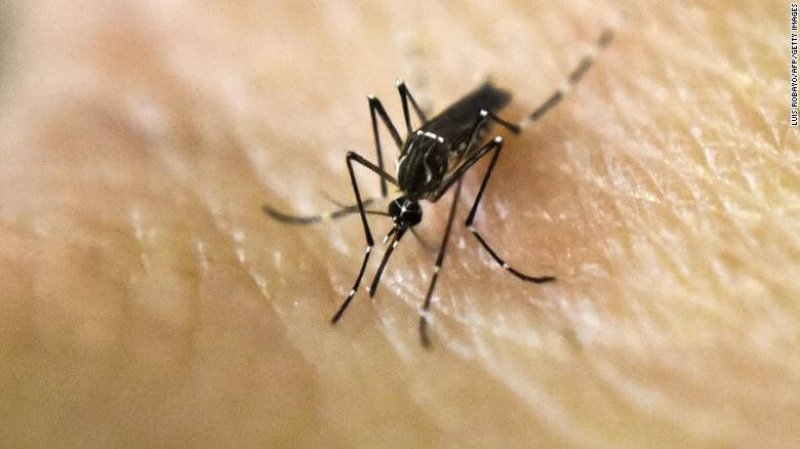Health officials in several states [have] reported more cases and deaths linked to the Eastern Equine Encephalitis (EEE) virus. The number of cases, while still small, is set to make 2019 the worst recorded year for EEE in recent history—and it may be a sign of things to come in an ever-warming climate.
In Massachusetts, health officials [September 20] reported the death of a man in his 70s from EEE, the second death and also the 10th human case of EEE seen in the state this year.
…
Milder winters, for instance, ensure that Northern mosquito populations carrying EEE can live through the season. These survivors then churn more EEE activity in the wild the next year, which can spill over to people. Warmer summers also tend to boost the populations and feeding activity of mosquitoes, which provide more opportunities for transmission. And the extreme weather events that are becoming more common with climate change—particularly heavy flooding—also create more breeding grounds for mosquitoes carrying EEE, as well as more chances for people living near swampy bodies of freshwater to bump into them.
Read full, original post: A Brain-Infecting Virus Carried by Mosquitoes Is Spreading Far and Wide This Year































